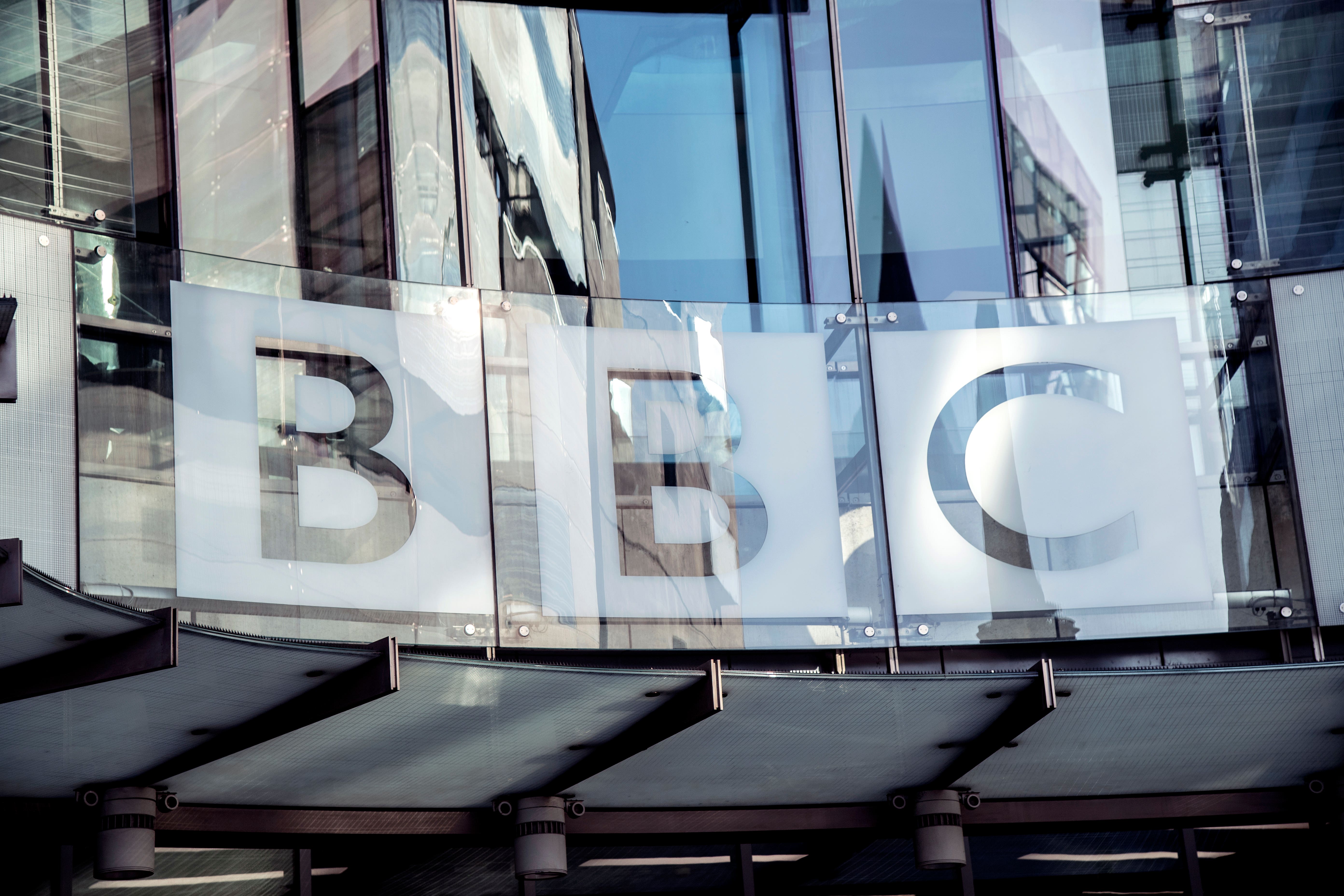BBC needs to do more to connect with audiences from lower incomes, says Ofcom
In the regulator’s annual report on the corporation, they said people from lower socio-economic groups are less engaged and less satisfied.

The BBC needs to do more to connect with audiences from lower incomes, according to media watchdog Ofcom.
In the regulator’s annual report on the corporation, published on Wednesday, they said people from lower socio-economic groups are less engaged than the rest of the population and are less satisfied with their portrayal in programmes.
It also found staff from these backgrounds are under-represented within the BBC’s workforce.
Ofcom said that audiences from lower socio-economic groups were “less likely to give a positive rating for statements such as the BBC ‘provides content made for UK audiences’ and ‘provides a broad mix of content’ compared to the UK average”.
The regulator noted that the BBC has said it is commissioning more TV content aimed at these audiences, particularly lighter drama, crime drama and comedy drama, as well as factual entertainment competition formats and sports documentaries.
For radio listeners, the BBC has also said it will seek to focus on sports through BBC Radio 5 Live and BBC Sounds to reach these groups, alongside targeted speech and music output on BBC Sounds.
Following these findings, Ofcom said it will launch an “in-depth review” into how the broadcaster serves these lower income audiences.
It also wants the broadcaster to set out its overall strategy for improving perceptions among disenfranchised audiences, including how it is acting on viewer and listener research.
However, overall, Ofcom found the BBC continues to reach a wide proportion of the UK population.
It stated that about eight in 10 people aged 16 plus interact with BBC content each week in the UK and that it reaches 68% of those aged three-16 on a weekly basis.
Although, in comparison to the wider market, it noted the overall reach of the BBC’s broadcast channels has continued to decline, particularly to younger audiences.
Ofcom acknowledged that the BBC faces tough financial choices as its faces competition from global streaming services and rising production costs while the licence fee is being held at its current level until 2024.
In recent months, the broadcaster has announced a series of changes and cuts as part of its new strategy to create a “modern, digital-led” broadcaster.
Among their proposals, the BBC recently said it planned to make cuts to local radio stations and have them share more content and broadcast less programming unique to their areas.
However, Ofcom has said that this move must not leave local audiences behind.
In the report, it said: “We will scrutinise the BBC’s plans as they develop and assess their impact.
“That includes keeping a close eye on programme sharing between local radio stations, to ensure the sustained provision of high-quality local content, including local news.”
It also noted that the News Media Association has raised concerns to Ofcom about the BBC’s planned changes to its local online news offering.
They have said their assessment of these proposals, which they expect to conclude shortly, will take account of the BBC’s analysis, the NMA’s concerns and their own data sources.
In the report, Ofcom has also announced it was giving the BBC the go-ahead for the broadcaster to increase its catalogue of older content on iPlayer, such as past series of returning titles, to allow greater choice and better value for licence fee payers.
As it allowed this change, the media watchdog recognised that while the BBC’s broadcast channels continue to decline, the use of its online services such as BBC iPlayer is growing.
It stated that according to the BBC, programmes were streamed more than 6.6 billion times on iPlayer in 2021/22, up 8% on the previous year.
A BBC spokesperson said: “Ofcom recognises our investment in distinctive UK content, how we bring audiences together for major national moments and the significance of our trusted, impartial news, which means we’re delivering on our remit and delivering value for audiences.
“While BBC is the most used media brand for low socio-economic groups, we know we have further to go both on and off screen so we are commissioning ever more varied content that reflects UK communities and we’ve set a new staff target, for 25% of staff to come from low socio-economic backgrounds to ensure we’re serving all audiences.”
Bookmark popover
Removed from bookmarks